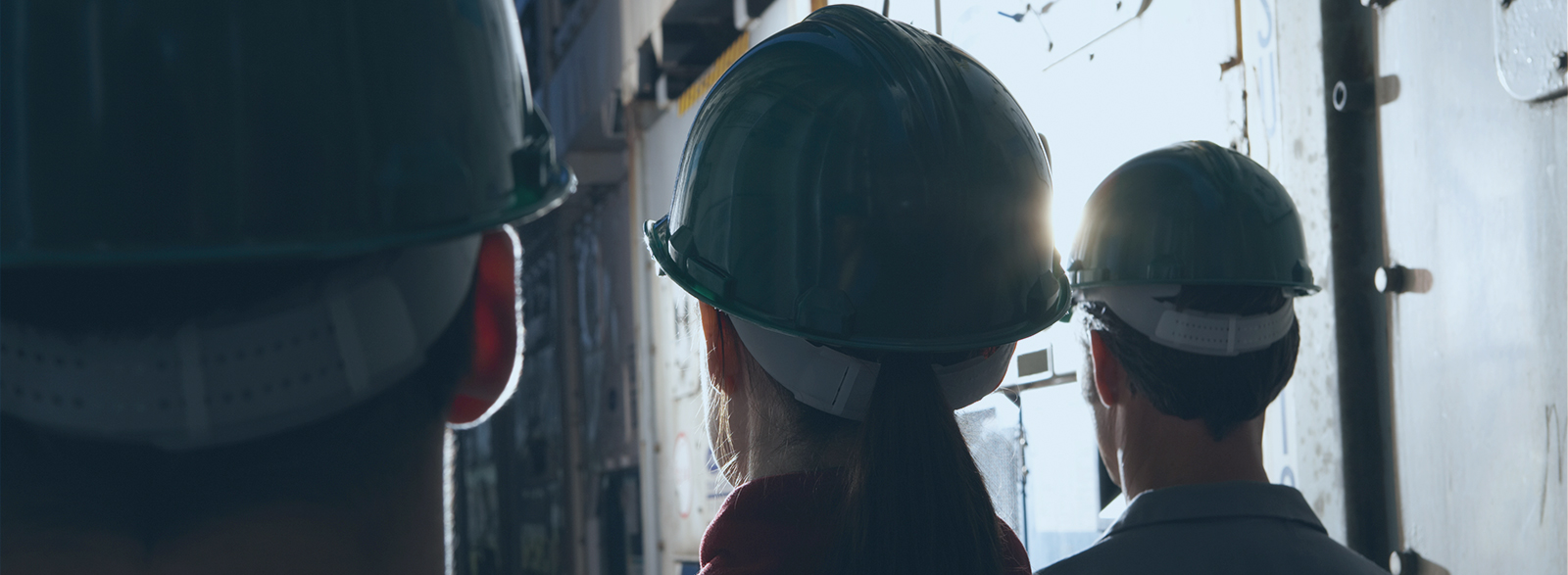A business manager charged with the task of improving an office heating and cooling system may be familiar with the acronym LEED. The Leadership in Energy and Environmental Design was developed over a decade ago by the US Green Building Council (USGBC) as a way to improve residential and commercial environments to make them more energy efficient and work smarter instead of harder. As you prepare to renovated your office’s HVAC system (or have one built from scratch), you will want to pay attention to LEED certification and how it will benefit your company.
LEED Measurements
As you work with your commercial HVAC provider to ensure your work environment is up to LEED standards, there are a few things engineers will look for, including:
- Sustainability – Does your present building or complex minimize pollution and negative effect on the surrounding environment? If you plan to build, LEED encourages seeking out developed property rather than construction in green space.
- Efficiency – Your workplace should properly manage usage of water and other resources. Landscapes and greenery may be cared for using green solutions, while low-flow and efficient fixtures help conserve in kitchens and bathrooms.
- Materials – The actual construction of your office will use environmentally friendly material that meet green standards.
- Indoor Quality – Because the majority of your work will likely happen inside, efficient air quality is an important factor in meeting LEED certification.
- Design – Innovative designs that allow your building to make the most of natural light and other eco-friendly features, for example, is another quality considered for certification.
All factors are weighed by committee to determine if a building or home passes muster. A rating system is set up to which contractors and companies must adhere in order to receive certification. The criteria will differ depending on the type of building – medical, school, commercial retail, or office.
Benefits of LEED Certification
To manage a company that meets or exceeds these standards gives your business the advantage of innovation in your community. When it is known that you are committed not only to quality service but efficient productivity that helps environmentally, you stand to gain respect among peers and customers and clients. Setting the example of reducing a carbon footprint may also inspire others to follow your lead.
This doesn’t happen, of course, unless you bring on a commercial HVAC provider who knows what LEED looks for when rating buildings. As you explore your options, find out what each potential provider offers that can help you achieve certification. Research existing buildings in the area that have passed certification and learn how each maintains good sustainability and conservation of resources.
LEED certification is a great way to not only give back to your community through eco-friendly efforts, but to improve up on the image of your business. Find the right HVAC provider to get you started.

